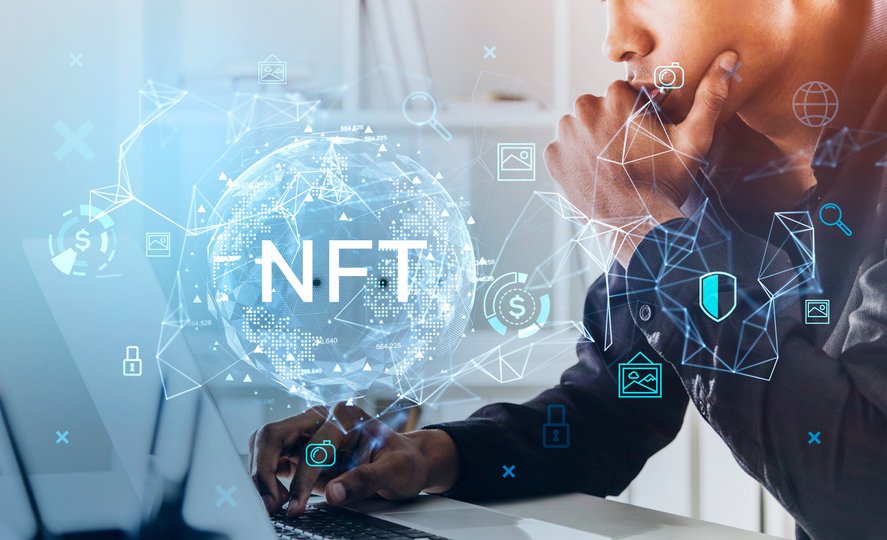What Steps Should be Taken before an NFT Drop?
The past few years have witnessed the meteoric rise of non-fungible tokens (NFTs). With the NFT market rapidly expanding, creators need to remain one step ahead in order to prosper in such an environment. While there is no precise method that will ensure the success of an NFT project, there are a series of steps that creators should follow in order to maximize their odds. The most crucial steps include: having a persuasive backstory; carefully deciding the proper blockchain and marketplace for the NFT; having smart contracts; creating anticipation and community; ensuring fairness and legitimacy; and knowing prospective buyers.
Why is it important to have a persuasive backstory?
Much like all other valuable commodities, NFTs must be appealing and desirable. To this end, it is necessary for creators to ensure that their NFTs have a unique element that will allow for them to stand out. A useful approach is for every NFT to include a backstory that is compelling to prospective buyers, and will attract them to the product. Therefore, designing a successful NFT is much like a painting. As with all good works of art, a successful painting tells a story through its use of colors, tones, and shades. The use of such elements allows for the painting to stand out as unique while being exhibited at a large gallery. Much the same way, a successful NFT will present an attractive and convincing story that will take curious buyers on a journey and entice them to purchase your NFT.
Which blockchain and marketplace should I use to mint and sell my NFTs?
The growing popularity and marketability of NFTs has provided creators with a wide array of options for minting and selling their NFTs. While there are a few blockchains that will immediately come to mind, such as Ethereum and Flow, there exists a diverse arena of blockchains, some of which are designed to cater to specific markets. Similarly, deciding on which marketplace to use in order to sell your NFTs is a critical step. Thankfully, even more than blockchains, NFT marketplaces are growing by the minute. This allows creators to target specific groups of people and niche markets by selling their NFTs on various platforms, as opposed to being restricted to a single marketplace.
What is a smart contract?
Contrary to their name, smart contracts do not function the same way as legal contracts. Instead, smart contracts are a pre-written codes that are executed on the blockchain. They fill the role of an intermediary, allowing for credible transactions without the need for third parties. Integrated within smart contracts is vital information regarding a particular NFT, informing buyers of any royalties associated with the NFT, who has the rights to mint the NFT, and the intellectual property rights of the NFT.
How can anticipation and community be created?
In order to have a successful NFT drop, it is necessary to build anticipation regarding the NFT’s release. If a sizeable community is created full of interested people and prospective buyers, then the odds of the NFT’s success increase exponentially. An important avenue to gain exposure and build connections is through social media platforms, particularly those frequented by NFT enthusiasts. Platforms such as Discord and Reddit provide a virtual community for NFT creators and investors alike, allowing them to network and discuss future projects, individual interests, and much more.
How to ensure fairness and legitimacy?
Once a community has coalesced around your NFT projects, it is necessary to retain their attention and support. As a result, all creators should strive to ensure that their NFT drops promote fairness and avoid unprofessionalism. An important method for ensuring fairness is to minimize direct competition. The best approach to an NFT launch is to provide as many people as possible with the opportunity to participate, and turn the event into a communal affair, rather than a competition. Equally, to ensure legitimacy, NFT creators should provide buyers with positive expected returns. One way to achieve this is by selling an NFT slightly below market value. As a result, buyers may view the NFT as a profitable investment, and would be more encouraged to purchase one.
How can you properly identify prospective buyers?
In order to protect the integrity and security of your NFT, it is crucial to identify prospective buyers. This system, known as Proof of Personhood (PoP), requires each individual to identify themselves as a real person in an effort to minimize fraudulent behavior. For example, on the Ethereum blockchain, PoP tokens associate a real person with a token, and as a result binds an individual’s physical identity with a digital identity. Moreover, as the NFT market continues to grow, there is an increasing probability that the Know Your Customer (KYC) standard will be applied to better identify user identities and monitor online activities for signs of fraud and money-laundering.
*Disclaimer: this blog post is not intended to be legal advice. We highly recommend speaking to an attorney if you have any legal concerns. Contacting us through our website does not establish an attorney-client relationship.*

